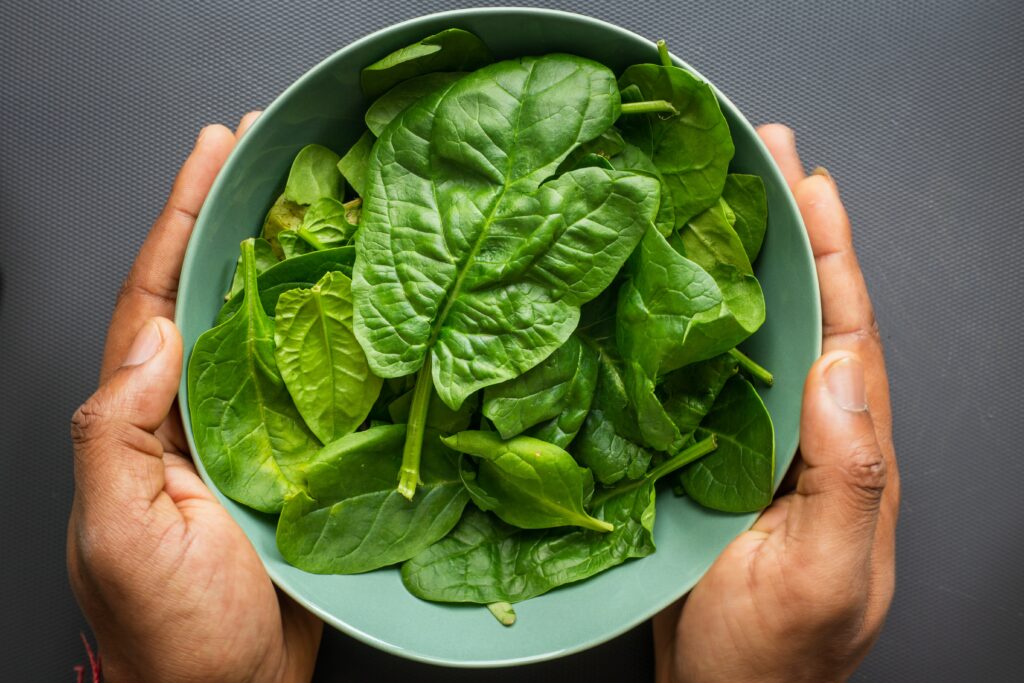Magnesium plays many vital roles in the human body, and is involved in over 300 biochemical processes. You also need it to keep your immune system working properly. It’s a particularly good mineral for runners.
Why do we need magnesium?
Magnesium is required for energy production, muscle recovery and bone development. It protects us from oxidative damage, which is increased as a result of the energy produced when we run. It also supports resistance to mental stress and acts as a smooth-muscle relaxant. Optimal magnesium levels can help reduce tiredness, maintain normal blood pressure and protect your DNA. Magnesium might also help reduce the accumulation of lactic acid during hard sessions.
How can I tell if I’m deficient?
Fatigue and muscle spasms or cramps are among the symptoms; but these can have many different
causes. Low magnesium levels over a long period can compromise your health in various ways and even lead to osteoporosis. Those typically
at risk are people with gastrointestinal diseases or type 2 diabetes, elderly people, and those who aren’t consuming optimal amounts in their diet.
How can I boost my levels?
Before you even think about supplements, try to increase the amount of magnesium-rich food
in your diet. The recommended daily intake for adults is between 300mg and 400mg per day. Include leafy greens in your diet – they are rich in magnesium. Add a
big handful of spinach to your post-run smoothie, or into a salad. Kale is also high in magnesium, while some nuts and seeds are heaving with the stuff.
Supplementing magnesium
While we might naturally turn to a pill, in some cases the digestive system can fail to absorb nutrients efficiently. Skin-absorbed supplements are well worth
considering; these are available in forms such as body butters, oils and flakes that you can add to your bath.
A post-run magnesium bath is a great way to help soothe both muscles and mind.
Here are my top three magnesium supplements:
- Lifematrix Magnesium Oil (Trans-Dermal Spray)/ R65, faithful-to-nature.co.za / A quick fix for magnesium absorption post-exercise.
- Sfera Advanced Magnesium Complex 60s / R195, takealot.com / Advanced magnesium complex containing two superior forms of magnesium for absorption.
- Better You Magnesium Flakes / R68 /dischem.co.za / A cost-effective bag of crystal magnesium flakes. Pour two cups into a bath and enjoy a mineral-rich soak
Magnesium Rich Foods
Fruit & veg:
- Kale 88mg per 100g
- Spinach 79mg per 100g
- Green peas 33mg per 100g
- Avocados 29mg per 100g
Nuts:
- Brazil 350mg per 100g
- Cashew 250mg per 100g
- Peanuts 160mg per 100g
- Walnuts 150mg per 100g
Seeds:
- Pumpkin seeds 590mg per 100g
- Sesame seeds 350mg per 100g:
- Sunflower seeds 325mg per 100g
Soya products:
- Soyabeans 280mg per 100g
- Tofu 60mg per 100g
Legumes
- Lentils 36mg per 100g
_______________________________________________________
Kim Pearson is a qualified nutritionist, with more than 12 years’ experience.
Web: kimpearson.com
Twitter & Instagram: @kimmypearson

